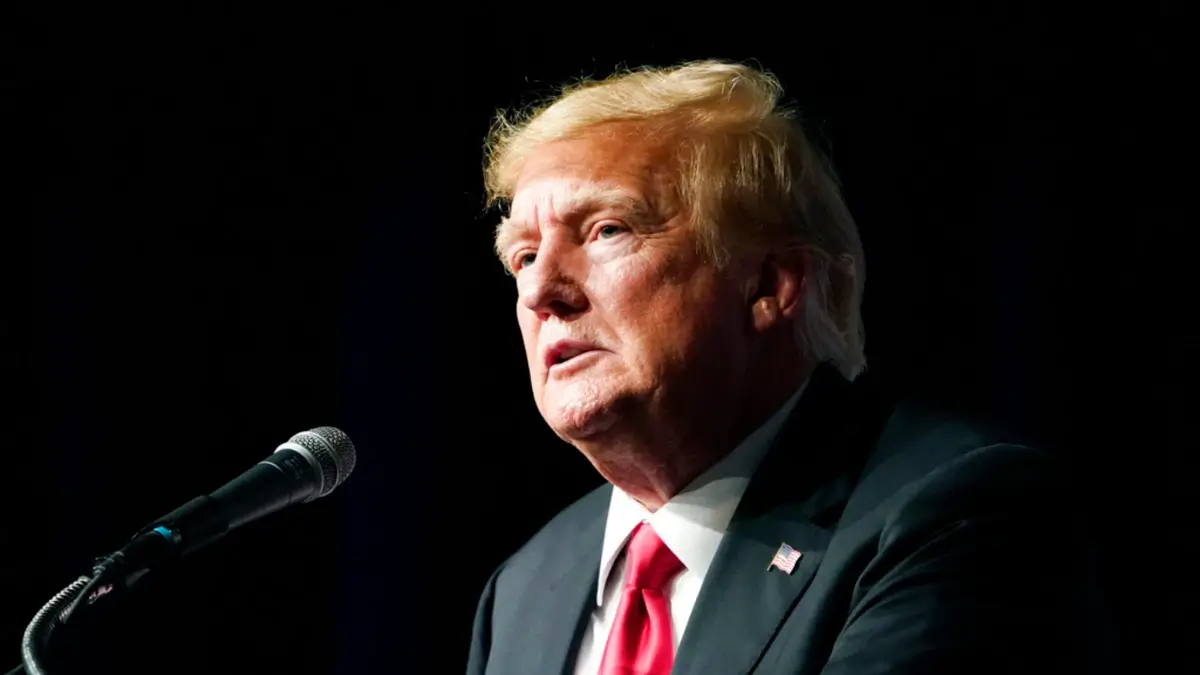WASHINGTON — As the congressional committee examining the Jan. 6, 2021, attack on the U.S. Capitol wraps up its first round of public hearings this week, the Justice Department faces rising pressure to prosecute former President Donald Trump in connection with the bloody assault.
The Justice Department has charged more than 800 Trump supporters involved in the riot and is investigating others tied to the plot.
But it remains unclear whether the department will take the unprecedented step of charging a former president based on the findings of a committee.
“We don’t know whether there will be prosecutions that are going to be a direct result of these hearings,” said William Banks, Board of Advisors Distinguished Professor of Law at Syracuse University.
That is not to say that Trump is not in legal jeopardy. When the nine-member committee held its first televised hearing on June 9, the panel’s vice chairperson, Republican Representative Liz Cheney, pledged to present evidence showing the former president was responsible for orchestrating a “sophisticated seven-part plan to overturn the presidential election and prevent the transfer of presidential power.”
Over the course of seven hearings, the bipartisan panel, made up of seven Democrats and two Republicans, sketched out that plan, offering its findings from more than 1,000 interviews and more than 125,000 documents.
What emerged was a picture of a losing president so possessed with holding on to power that he falsely claimed the election had been stolen despite being told otherwise by his own advisers; prodded the Justice Department to support his falsehood; pressed officials in battleground states to flip votes for him; pressured his own vice president, Mike Pence, to overturn the results; encouraged a mob of his supporters to descend on the Capitol; and, finally, failed to act as rioters stormed the Capitol.
Taken together, the committee’s findings appear to amount to a damning indictment of Trump’s…







